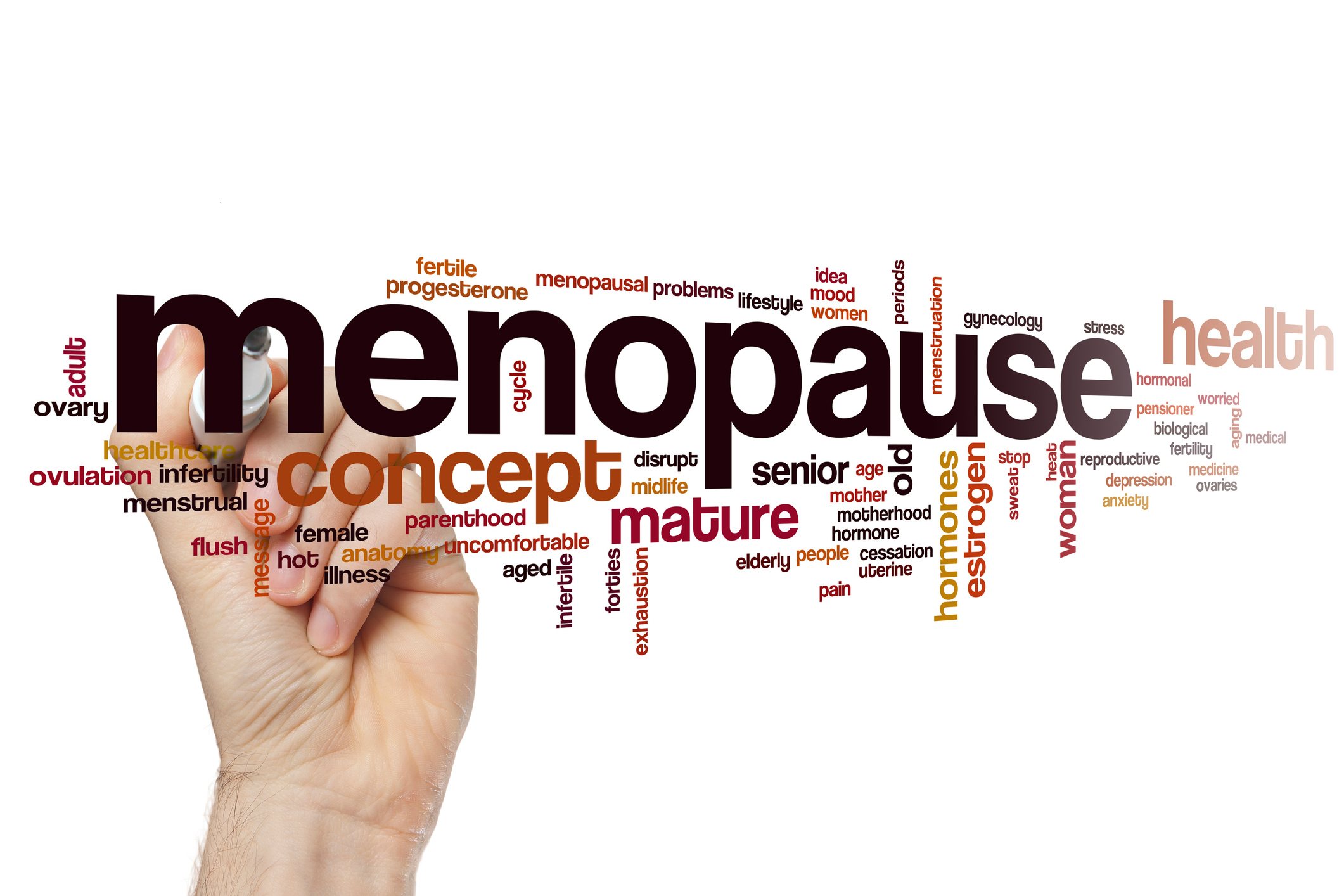Over the past several decades, the workplace has evolved to better and more fairly accommodate working parents, creating spaces for nursing mothers to pump, equal gender parental leave or on-site daycare. Taking a mental health day off is more widely accepted by employers who understand the importance of caring for emotional and physical well-being. But the needs of older adults who may face unique challenges have largely gone unmet, until now. A British broadcasting company has recently created a policy that helps to normalize the topic of menopause and accommodate the needs of older women experiencing a drop in estrogen.
According to a recent New York Times report, Channel 4, a British national television station, has created an initiative to help women manage symptoms of menopause and lift the taboos surrounding this normal part of aging. Women going through menopause can experience a range of symptoms including hot flashes, heavy menstrual flow, problems sleeping, joint pain, memory and concentration problems, depression, irritability or anxiety. The menopause initiative not only opens the subject up for discussion without fear of embarrassment or discrimination, but also helps to make work environments more supportive for women in menopause. For example; a cool workspace has been set up in the Channel 4 offices for women to work in more comfortable surroundings. Paid leave or flexible work hours for women experiencing menopausal symptoms is also offered to female employees.
According to the National Institute on Aging, menopause is defined as the point when a woman has not had a period for 12 months. Leading up to that point during the menopausal transition women can experience many changes in their cycle as well as a host of other symptoms. Perimenopause can last anywhere between 7 to 14 year during which time hormones can fluctuate greatly. Most often the menopausal transition begins between the ages of 45 and 55. For more information about menopause and how to manage the symptoms of perimenopause, follow this link to the North American Menopause Society website.






Add Your Voice
0 Comments
Join the Discussion